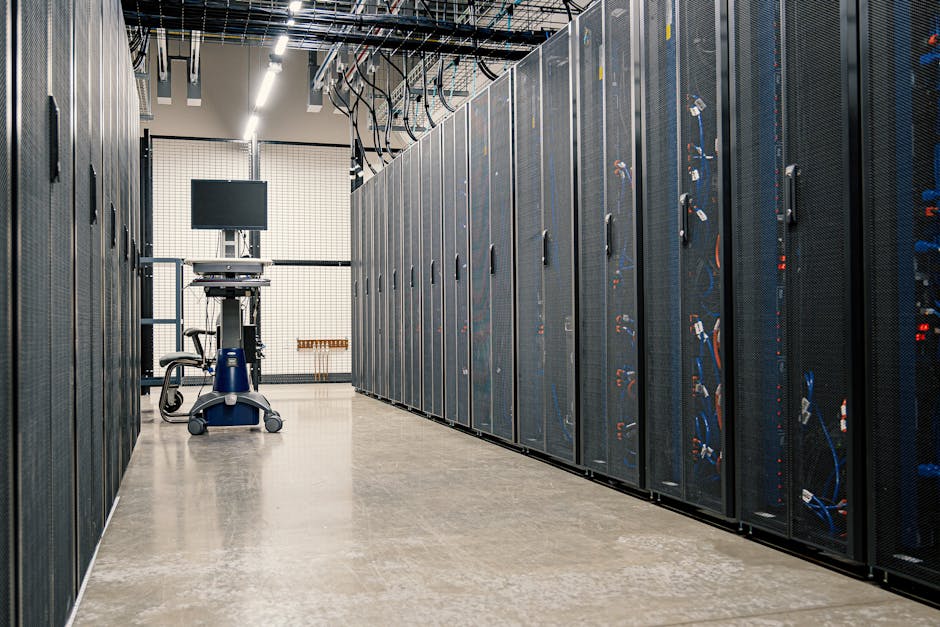
Sustainable Practices: The New Norm in Industry Innovation and Growth
Sustainable Practices have become the new norm in industry innovation and growth, as companies increasingly recognize the importance of reducing their environmental footprint while promoting economic development. The shift towards sustainability is driven by growing concerns about climate change, resource depletion, and social responsibility. As a result, industries are adopting sustainable practices to minimize their impact on the environment, ensure long-term viability, and capitalize on new opportunities for growth.
The integration of sustainable practices into industry operations is not only a moral imperative but also a sound business strategy. Companies that adopt sustainable practices can benefit from improved brand reputation, increased efficiency, and cost savings. Moreover, sustainable practices can drive innovation, as companies are forced to think creatively and develop new solutions to reduce their environmental impact. For instance, the use of renewable energy sources, such as solar and wind power, has become increasingly cost-competitive with fossil fuels, driving a shift towards cleaner energy production.
The Role of Technology in Sustainable Practices

Technology plays a critical role in enabling sustainable practices, as it provides companies with the tools and solutions needed to reduce their environmental footprint. From data analytics and artificial intelligence to blockchain and the Internet of Things (IoT), technology is helping companies to optimize their operations, reduce waste, and improve resource utilization. For example, data analytics can help companies to identify areas of inefficiency and optimize their supply chains, while IoT sensors can monitor energy consumption and waste management in real-time.
Furthermore, technology is also driving the development of new sustainable industries, such as the circular economy and biotechnology. The circular economy is an economic model that seeks to reduce waste and the consumption of resources by promoting the reuse and recycling of products. Biotechnology, on the other hand, involves the use of biological systems and organisms to develop new products and solutions, such as biofuels and bioplastics. These emerging industries have the potential to drive significant economic growth while reducing environmental impact.
Industry Examples of Sustainable Practices

Several industries are leading the way in adopting sustainable practices, including the automotive, manufacturing, and construction sectors. The automotive industry, for instance, is shifting towards electric and hybrid vehicles, which reduce greenhouse gas emissions and promote more sustainable transportation. The manufacturing sector is also adopting sustainable practices, such as the use of 3D printing and recycled materials, to reduce waste and improve resource efficiency.
The construction industry is another sector that is embracing sustainable practices, with a focus on green building and sustainable infrastructure development. Green buildings are designed to minimize environmental impact, using materials and systems that reduce energy consumption and waste. Sustainable infrastructure development, on the other hand, involves the use of environmentally friendly materials and construction methods to reduce the environmental footprint of infrastructure projects.
Conclusion

In conclusion, Sustainable Practices have become the new norm in industry innovation and growth, driving companies to reduce their environmental footprint while promoting economic development. The integration of sustainable practices into industry operations is not only a moral imperative but also a sound business strategy, as it can drive innovation, improve efficiency, and reduce costs. As technology continues to play a critical role in enabling sustainable practices, we can expect to see significant advancements in the development of new sustainable industries and solutions.




